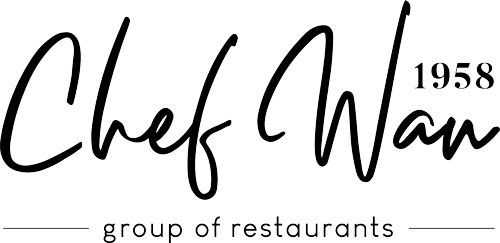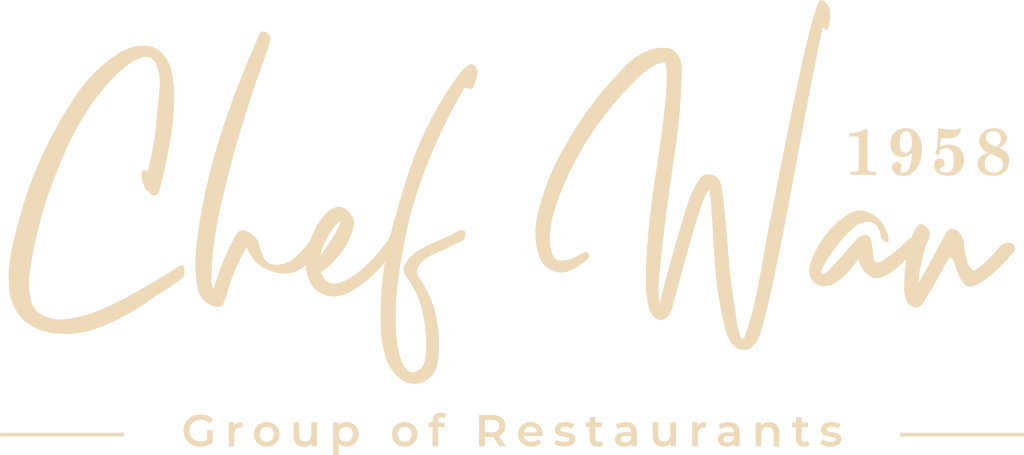Are you a food enthusiast who dreams of whipping up delectable dishes that would impress even the most discerning palate? Do you aspire to become a master chef with the ability to create culinary delights? Look no further! In this article, we will provide you with valuable insights and tips on how to develop your culinary skills and expertise. Whether you’re just starting out as a beginner or seeking to refine your cooking abilities, our simple guide will pave the way for your journey to becoming a culinary maestro.
Introduction: Embark on a Flavorful Journey
Culinary art is a combination of passion, creativity, and expertise. With dedication and practice, anyone can acquire the skills needed to cook like a professional chef. This journey offers not only the cultivation of taste buds but also the opportunity to unleash your creativity and share delightful moments with others.
1. Build a Solid Foundation
Like any craft, mastering culinary skills requires a solid foundation. Begin by understanding the basics of cooking techniques, ingredients, and kitchen tools. Familiarize yourself with various herbs, spices, and their unique flavors. Explore the fundamentals of knife skills, temperature control, and cooking methods such as sautéing, roasting, and grilling. A strong foundation will serve as the backbone of your culinary endeavors.
2. Expand Your Horizons with Diverse Recipes
To broaden your culinary expertise, immerse yourself in a variety of recipes from different cuisines. Malay cuisine, for example, is renowned for its rich flavors and aromatic spices. Explore traditional Malay recipes like Nasi Lemak (coconut rice), Rendang (spicy meat stew), and Satay (grilled skewered meat). Discover the unique combination of herbs and spices that make Malay cuisine so distinct. By experimenting with diverse recipes, you’ll develop a deeper understanding of flavors and techniques, enhancing your overall cooking prowess.
3. Seek Inspiration from Culinary Experts
One of the most effective ways to enhance your culinary skills is by learning from experts in the field. Attend cooking classes or workshops conducted by experienced chefs. Follow renowned culinary personalities on social media platforms and watch their cooking shows to gain valuable insights and inspiration. Observing the techniques and expertise of professionals can spark new ideas and encourage your own culinary creativity.
4. Empower Yourself with Knowledge
Apart from practical skills, it’s crucial to understand the science behind cooking. Explore the chemical reactions that occur during the cooking process and how they affect taste, texture, and presentation. Acquire knowledge about food safety, hygiene practices, and nutrition to ensure that your culinary creations not only entice the taste buds but also promote wellness.
5. Embrace the Art of Practice
Culinary expertise doesn’t happen overnight; it requires patience and perseverance. Dedicate regular time for practice, experimenting with different flavors and techniques. Remember, every dish you prepare is an opportunity to refine your skills and discover something new. Embrace both successes and failures as valuable learning experiences. Practice not only hones your skills but also boosts your confidence as a chef.
Conclusion: Savor the Journey
Developing culinary skills and expertise is a journey filled with flavors, aromas, and passion. Embrace the art of cooking as an ongoing process, and let your creativity flourish. With determination, continuous learning, and plenty of practice, you can unlock the world of culinary excellence and create dishes that will leave a lasting impression.
FAQ (Frequently Asked Questions)
Q1: How long does it take to become a culinary expert?
A: The journey to culinary expertise varies for each individual. It depends on factors such as dedication, practice frequency, and learning opportunities. However, with consistent effort and a love for cooking, significant progress can be made within a few years.
Q2: Can I develop culinary skills without attending cooking classes?
A: While attending cooking classes can accelerate your learning, it is possible to develop culinary skills independently. Utilize online resources, recipe books, and cooking shows to acquire knowledge and practice different techniques in your own kitchen.
Q3: Are there any essential kitchen tools for beginners?
A: Yes, there are a few kitchen tools that every beginner should have. These include a sharp chef’s knife, cutting board, measuring cups and spoons, a skillet, a saucepan, and basic utensils such as spatulas and tongs.
Q4: How do I overcome burnt or undercooked food disasters?
A: Burnt or undercooked food can occur, especially for beginners. To overcome these mishaps, focus on understanding and controlling heat, follow recipes diligently, and practice proper timing. Don’t be discouraged by failures, as they provide you with valuable learning opportunities.
Q5: How can I develop my own unique culinary style?
A: Developing a unique culinary style takes time and experimentation. Experiment with different ingredients, combinations, and cooking techniques. Let your creativity shine by adding personal twists to recipes and incorporating your favorite flavors and spices.


